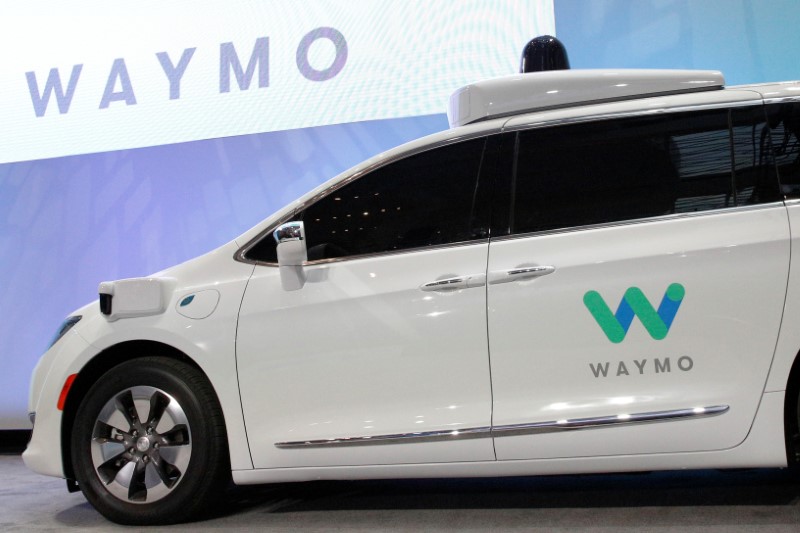Street Calls of the Week
Investing.com -- Shares of ride-hailing giants Uber (NYSE:UBER) and Lyft (NASDAQ:LYFT) fell sharply in today’s trading session, with Uber down 3.3% and Lyft dropping 4.6%. The decline in stock value is attributed to a recent announcement by autonomous vehicle company Waymo, which revealed plans to expand its testing operations to 10 new cities by 2025, including Las Vegas and San Diego.
The news, shared via a tweet and an exclusive article with The Verge, suggests that Waymo, owned by Alphabet (NASDAQ:GOOGL) Inc., is not only increasing its footprint but also challenging the current ride-hailing market with its autonomous vehicle technology. While the testing vehicles will be manually driven initially, the operation could potentially lead to the launch of a commercial robotaxi service, intensifying competition for Uber and Lyft.
Waymo’s approach to these "road trips" is to assess how well its self-driving system can adapt to different environments, traffic patterns, and weather conditions. Nick Rose, Waymo’s product manager for expansion efforts, expressed interest in locations that will challenge their system, highlighting Las Vegas’s unique traffic and street layout as a test for the company’s adaptability.
The market’s reaction reflects concerns over the potential impact of Waymo’s advancements on Uber and Lyft’s business models. Both companies have invested in autonomous driving technology as part of their long-term strategies, but Waymo’s aggressive push into new markets signals a step closer to realizing a future where robotaxis could become mainstream.
Waymo’s plan to launch robotaxi operations in other cities such as Austin, Atlanta, and Miami further underscores the threat to the current ride-hailing services. Last year’s tests in various U.S. cities focused on winter conditions, while this year’s theme is "generalizability," aiming to minimize the need for extensive testing before launching services in new locations.
As Waymo sends fewer than ten vehicles to each city for a couple of months, focusing on busy commercial districts, the company is also engaging with local officials to ensure a smooth testing phase. The goal is to gain enough experience to determine how well Waymo’s vehicles can generalize their driving capabilities, particularly in terms of perception systems and local traffic nuances.
The market movement today reflects investor sentiment that Waymo’s progress could pose a significant challenge to Uber and Lyft, as the autonomous vehicle landscape continues to evolve rapidly.
This article was generated with the support of AI and reviewed by an editor. For more information see our T&C.
